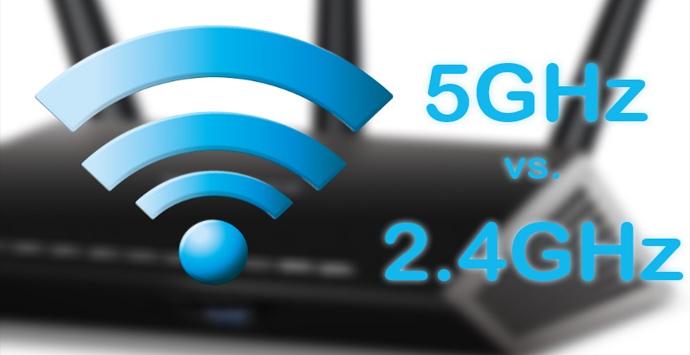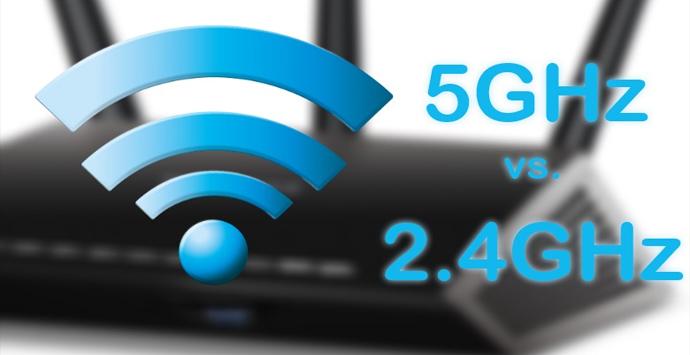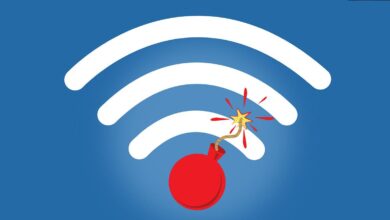
Keep in mind that this can happen even if you have good devices. Sometimes the reason goes beyond the type of device you use or the router. It is convenient to identify what the cause may be and thus find the best possible solution. Sometimes just making a few tweaks can come in handy.
Reasons why Wi-Fi cuts out
The fact of having more and more devices that connect via Wi-Fi makes it more important troubleshoot that may appear. For example, we can name home automation devices that need connection, such as light bulbs or smart plugs that you have scattered around the house.
Bad router location
The first reason, one of the most frequent, is misplaced router. You may have it in an isolated area from where you really need a connection. There may be walls or large walls that may be affecting the wireless signal. That, inevitably, can cause those annoying cuts.
What you should do is locate the router in a central area of the house, from where it can better distribute the signal. Avoid having dead zones, such as those mentioned near walls or thick walls that do not allow the signal to pass correctly. Also, putting the router in an elevated location is interesting.
You use a poor quality receiver
It may also happen that you are using a receiver that does not have good quality. This can happen if you have bought a cheap one, without taking a good look at its features. It could happen that it does not have a good speed, that the coverage is very limited or that it does not have adequate quality to connect you without problems.
Our advice is to choose a wifi receiver have good ratings. You can always read comments from other users on the Internet and thus find out what the device you are going to use is really like.
bad configuration
Another reason is having a bad configuration or not using the Wi-Fi connection correctly. Something common is to connect to the frequency 2.4 GHz or 5 GHz incorrectly. The first is the best to connect far from the access point, although it has less speed. Instead, the second is ideal for maximum speed, but is more sensitive to distance.
Perhaps you are connecting to the 5 GHz from a point far from the router. Wi-Fi outages can appear because of that. Try to connect to the 2.4 GHz, with which you will have greater stability.
Interference problem
Do you have devices nearby that may be generating interference? For example, those using Bluetooth can be a problem. By using the 2.4 GHz frequency, this may affect Wi-Fi. Also other devices, such as the microwave, by also using that same frequency when it is in operation.
Ideally, you should move the router, and the devices that you are going to connect, away from any possible interference. The further you get him away from these devices that can be a problem, the better. Do not put the router near the television, for example.
intruders
Although it is really not the most common reason, you should not rule out this problem. Especially, you should take this into account if you have not taken security measures to prevent them from entering your wireless network. This could cause the connection to work slowly, have cuts and you can’t even connect certain devices.
What can you do to prevent it from happening? It is best to always have a strong and complex password. It uses letters (both uppercase and lowercase), numbers, and other special symbols. You should always avoid using your name or any date that could link you.
As you can see, these are the main reasons why the Wi-Fi connection can be cut off. You have options to try to solve the problem and be able to browse the web normally. The objective is to have a good speed, quality and that those dreaded cuts do not appear.




